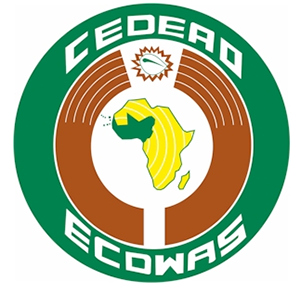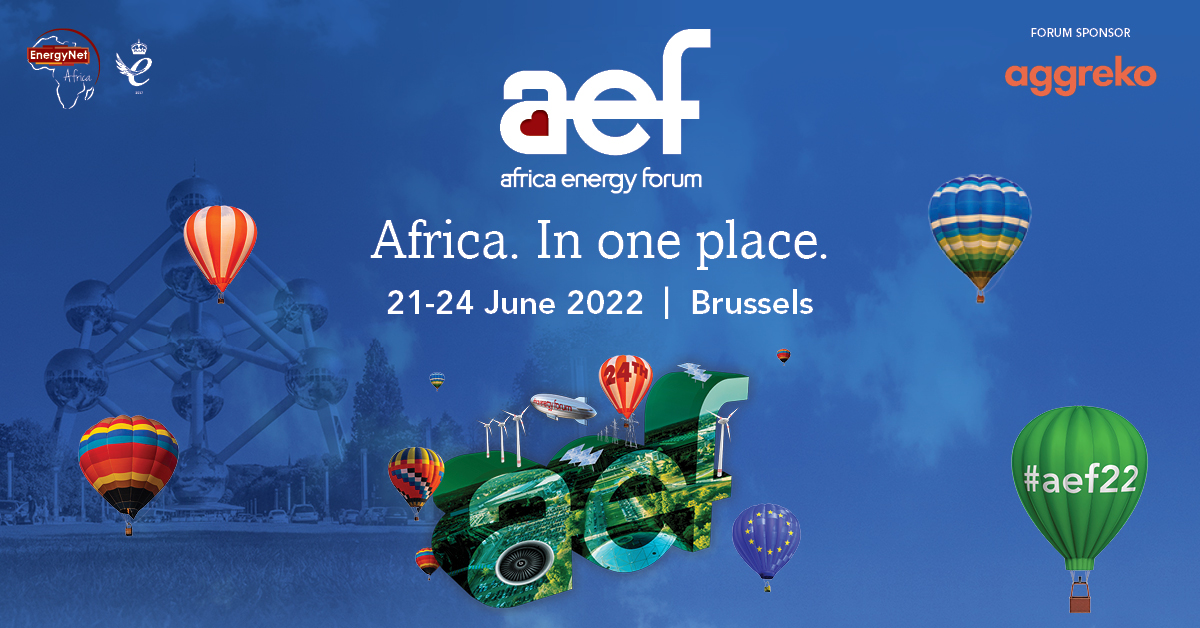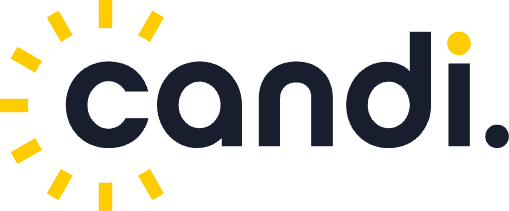16 March 2022: The Beyond the Grid Fund for Africa (BGFA) programme has signed its first new agreements in Zambia, after a finalised pilot programme, to support the expansion and scale-up of high-quality solar home systems and development of mini-grid connections to help provide energy access in rural and peri-urban areas in the country over a four-year period until 2026.
The three first projects have been signed with RDG Collective Limited, Zengamina Power Limited and VITALITE Zambia Ltd. The total value of these contracts is approx. EUR 5.9 million and the total project budgets about EUR 20.3 million.
“We are proud to continue supporting affordable and renewable off-grid energy services in Zambia through the Beyond the Grid Fund, together with Nefco and KfW. It is very encouraging that we can now start the project implementation phase with these three Zambian companies. We look forward to announcing further companies selected under BGFA, investing in renewable and modern energy solutions in Zambia,” highlighted Anna Maj Hultgård, Swedish Ambassador to Zambia.
RDG Collective is a company developing its own solar home systems, established in Zambia in 2018. Since 2019, the company has sold over 4,000 energy service subscriptions, and today it has operations in eight Zambian provinces. RDG Collective operates the entire supply chain from design and manufacturing to sales and distribution, and provides after-sales support in all the provinces. With the support from BGFA, the company plans to establish and sell over 25,000 new energy service subscriptions by providing its own-designed solar home systems for households, including lighting, USB charging and other small rechargeable devices such as radios, as well as TV screens, refrigerators for commercial use and solar water pumps for farmers. The support is essential for RDG to expand its operation to the remote Northern and Western Provinces of Zambia.
“We are incredibly appreciative to be working alongside BGFA to empower the future of thousands of households in Zambia. Significantly, the growth generated in productive use appliances from this partnership will enable RDG to become a major catalyst for rural development in Zambia. Appliances, such as solar water pumps and refrigerators provide rural communities with the necessary tools to generate growing incomes and jobs that will be financially and environmentally sustainable in the long term,” said Rune Gunnar Dige, CEO and Founder at RDG Collective, in connection with the signing.
“We are excited to start the cooperation with RDG Collective to support its expansion across Zambia, which will provide energy access for up to 128,000 people in remote rural areas,” commented Heli Sinkko, Programme Manager at Nefco.
Zengamina Power Limited is a mini-grid company with an existing hydropower plant with an annual power generation capacity of 5.4 GWh situated in Zengamina, in North-Western Province in Zambia, about 900 kilometres from the capital Lusaka. With the BGFA funding, the company will be able to extend this capacity with a new solar power plant and install a Li-Ion battery storage system as back-up for night-time and drought periods. In addition, the company will extend its geographical reach and densification of connections. This will result in the establishment of 2,600 higher tier energy service subscriptions for rural customers, including small businesses in the area.
“We are very thankful for the support from BGFA and excited to get the work started to develop the first of its kind hydro-solar-BESS hybridisation, which will fast-track our mission to expand our grid in Zengamina and make Ikelenge the first fully electrified district in Zambia,” said Daniel Rea, Managing Director at Zengamina Power.
VITALITE Zambia has been operating since 2013 and is one of the market pioneers in Zambia selling solar home systems to off-grid rural areas. The company currently has some 40,000 energy service subscriptions provided to households and businesses across the country. With the BGFA funding, the company will be able to further scale up its business operations and provide solar home systems to low-income customers in remote areas of Zambia. The company plans to establish 113,400 new energy service subscriptions for basic residential energy needs, such as lighting, radios and cell phone charging, as well as for TV screens and productive use appliances including to business customers.
“Our team is delighted to build on the productive relationship with the BGFA programme donors and partners established through the Beyond the Grid Fund pilot programme. The BGFA programme presents an exciting opportunity to maximise our collective social impact by bringing clean, affordable energy to off-grid areas of Zambia and developing long-term sustainable energy access in the communities we serve,” said Russell Lyseight, Managing Director at VITALITE Zambia.
“Through their further business scale-ups and estimated new energy service subscriptions, Zengamina and VITALITE can benefit up to 658,000 people, providing both households and small businesses with electricity, and at the same time increase employment opportunities in Zambia,” commented Kari Hämekoski, Senior Programme Manager at Nefco.
These off-grid energy solutions will provide a cleaner, safer, cheaper and more environmentally friendly alternative to candles and kerosene lamps, which are often used by people in remote areas, and increase the reliability of power supplies for them. The distribution of solar water pumps will enhance food and water security. The funded companies will also help to improve the affordability of off-grid energy products. In the long-term, increased energy access will lead to a higher standard of education and create numerous new employment opportunities in Zambia.
The Beyond the Grid Fund for Africa opened its first funding round in September 2020, including in Burkina Faso and Liberia, and a second stage in Zambia (BGFA1). It opened two more funding rounds, in Mozambique (BGFA2) and Uganda (BGFA3), in spring 2021. The facility is currently concluding the first round of funding and, in addition to the first contracted companies in Zambia, the first projects in Liberia were announced at the end of January, and the first project in Burkina will be announced shortly.
###
About BGFA: The Beyond the Grid Fund for Africa is a multi-donor facility established and managed by the Nordic Environment Finance Corporation (Nefco). Nefco is an international financial institution based in Helsinki, Finland, focusing on environmental and climate investments. BGFA is implemented in partnership with the Renewable Energy and Energy Efficiency Partnership (REEEP), an international multilateral partnership based in Vienna, Austria, working to accelerate market-based deployment of renewable energy and energy-efficiency solutions in developing countries.
The current EUR 107.6 million BGFA programme was established in 2019 on Sweden’s initiative through the Swedish International Development Cooperation Agency (Sida). Sweden contributes SEK 835 million (EUR 80 million) from the Swedish embassies in the target countries. It has since been developed by Nefco into a multi-donor programme. Denmark, through the Ministry of Foreign Affairs, joined the BGFA programme in December 2020 and is now providing DKK 117.5 million (EUR 15.8 million) to support the programme in Uganda. Power Africa, an initiative administered by USAID, is providing an in-kind technical assistance contribution worth USD 4.5 million (approx. EUR 4 million) over three years to help operationalise the initiative and develop a pipeline of commercially viable projects within the framework of BGFA. Germany, through its development bank KfW, has joined the BGFA country programme for Zambia with a focus on mini-grids, providing EUR 7.5 million.
































